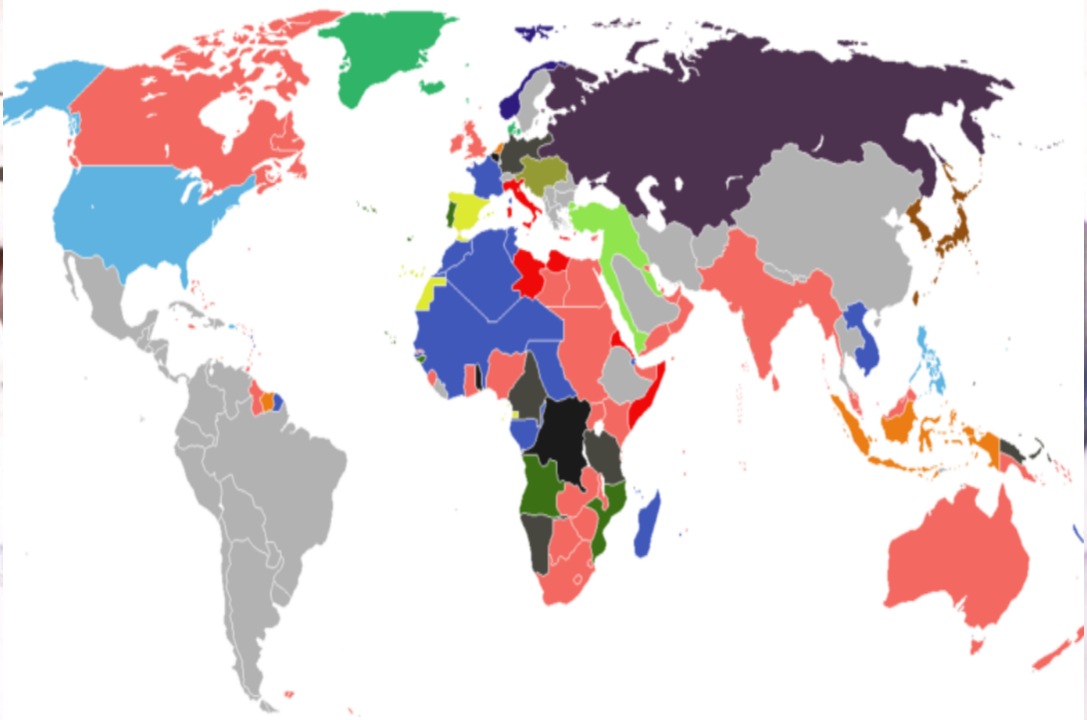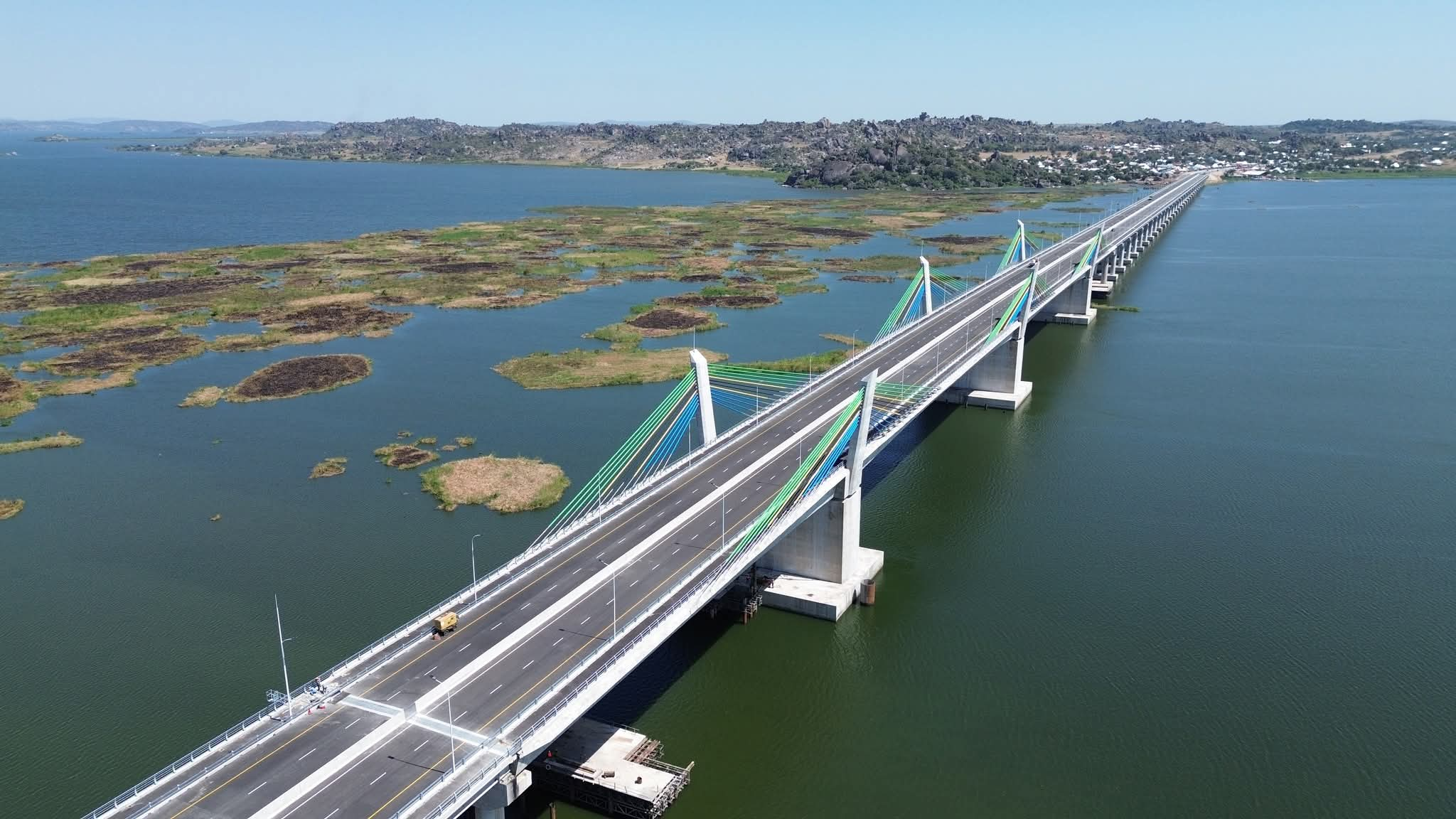COLONIALISM: See Countries Europe Did Not Colonise

Did you know that it is not only countries in the African continent that were colonised by Europe, and that the Europeans, by 1914, had gained control of 84 percent of the globe?
Though there is no clear definitions of colonialism, but according to Wikipedia, it is a practice by which a country controls people or areas, often by establishing colonies, generally for strategic and economic advancement. In other words, colonisation occurs when one country takes over the lands and people of another country or territory and subjects them to rule by its government instead of their own.
The term "colonialism" is etymologically rooted in the Latin word "Colonus", which was used to describe tenant farmers in the Roman Empire. It has existed since ancient times. In the modern period, the concept is most strongly associated with the European and Japanese empires, starting in the 15th century and extending to the mid-1900s. At first, conquest followed policies of mercantilism, aiming to strengthen the home-country economy, so agreements usually restricted the colony to trading only with the metropole (mother country). By the mid-19th century, many empires gave up mercantilism and trade restrictions and adopted the principle of free trade, with few restrictions or tariffs.
Missionaries were active in practically all of the European-controlled colonies because the metropoles were Christian. Historian Philip Hoffman calculated that by 1800, before the Industrial Revolution, Europeans already controlled at least 35% of the globe, and by 1914, they had gained control of 84% of the globe. In the aftermath of World War II colonial powers retreated between 1945 and 1975; over which time nearly all colonies gained independence, entering into changed colonial, so-called postcolonial and neocolonialist relations.
The European colonisation of Australia, New Zealand, and other places in Oceania was fueled by explorers, and colonists often regarding the encountered landmasses as terra nullius (“empty land” in Latin). This resulted in laws and ideas such as Mexico’s General Colonization Law and the United States’ manifest destiny doctrine which furthered colonization.
For example, the American colonies before the Revolutionary War were land holdings of the British government and ruled by the British king—despite the fact that the Native Americans lived in North America for thousands of years before the European colonists arrived.
The aim of colonialisation is usually to exploit the land, the resources, and the people of the colonized lands for economic gain. For that reason many countries celebrate a national Independence Day to rejoice that they are no longer under colonial rule.
As a result of these waves of European colonial expansion, only fourteen present-day independent countries escaped formal colonization by European powers. These countries around the world that have never been colonized by any European power are:
01. Bhutan
02. Thailand
03. Japan
04. Saudi Arabia
05. Iran
06. China
07. Afghanistan
08. Ethiopia
09. Tonga
10. Nepal
11. Liberia
12. Mongolia
13. North Korea
14. South Korea
Source: Wikipedia | The Nation Nigeria
#penglobalfactfile


_1755775186.jpg)
